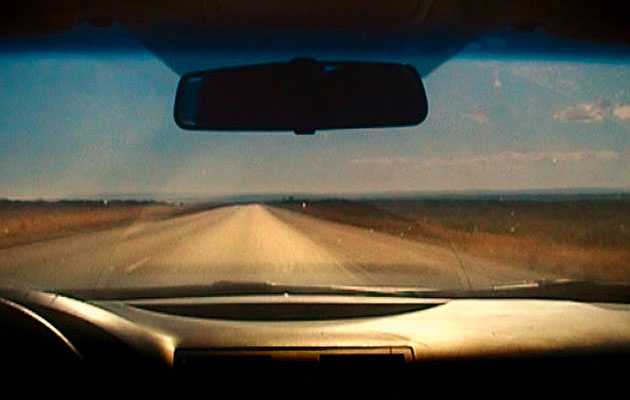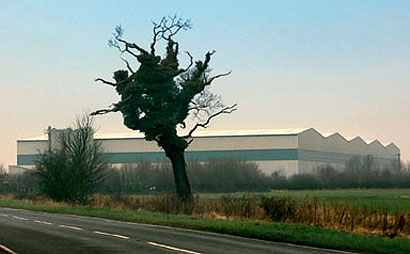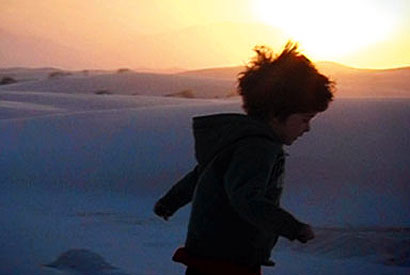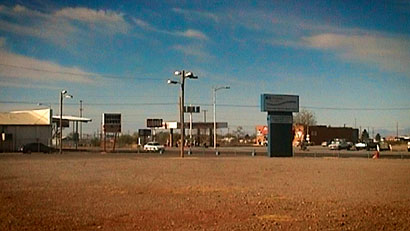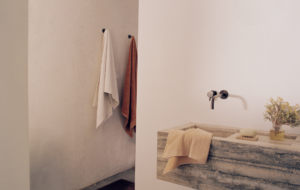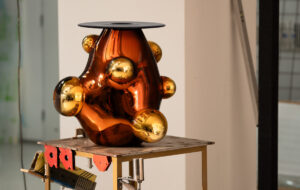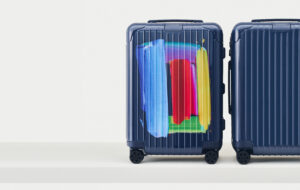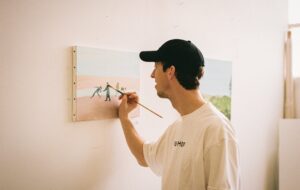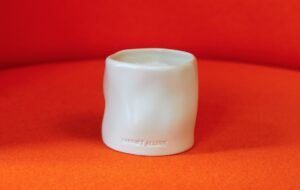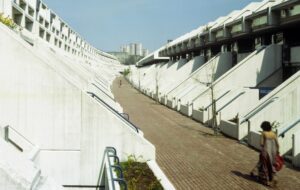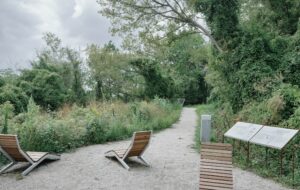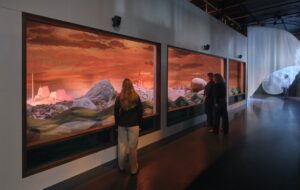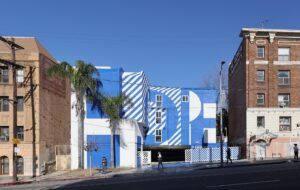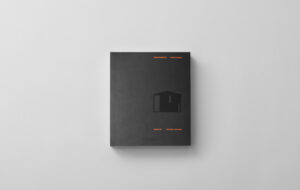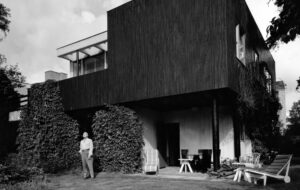|
Anodyne industrial sheds and desolate landscapes abound in Content (image: Chris Petit/Channel 4) |
||
|
Chris Petit’s road movie tries to grasp the quicksilver essence of modernity, says Owen Hatherley A couple of years ago, Chris Petit – a director and writer best known for the 1979 road movie Radio On – collaborated with author Iain Sinclair on a short film for Audi. “The only way to see the British landscape is in a car,” says Sinclair. “Especially when it’s as comfortable as this.” Petit’s camera moves lovingly over the car, but when you see the director he looks deeply embarrassed by the whole affair. But in Content, a film broadcast on British TV channel More 4, Petit finally gets to air his own voice, and proves himself a better writer than Sinclair; a lugubrious aesthete fixated with the increasing intangibility of a post-industrial world. Content is a “coda”, 30 years later, to Radio On. The latter film was an attempt to Europeanise England, and with its long tracking shots on the Westway of tower blocks, factories and flyovers, it is now a document of a lost landscape – a visible modernity where industrial production or housing were contained in massive, highly designed structures, which were capable of providing some kind of aesthetic pleasure, no matter how minimal. Content both laments the demise of this landscape of things and tries to stare directly at the almost invisible things that replaced it – container ports, big sheds and the internet. So what this entails is a tour of the sites that try to deter us from looking at them. There’s the vast automated distribution sheds that sit enigmatically at the edges of the motorway, which Petit circles obsessively – a non-architecture so relentlessly anti-aesthetic that it “could suck out a person’s soul”, the “first buildings of a new age”, which manage to “render architecture redundant”. Then there’s the shipping containers, unreadable with mysterious contents, becoming here a metaphor for a boxed-in sensibility, as Petit reminisces about good old English emotional atrophy. Petit finds a stark solace in the sheds and containers, but the places that inspire horror in him are the new exurban housing developments, the spec cottages that act as a denial of modernity. At one point he intersperses a clip from Radio On, where a forest of tower blocks along the Westway is shot in a romantic monochrome, only to dissolve it into a colour shot of new 21st-century housing – one-storey, pitched-roofed, brick boxes. Making an oft-made point about the historical roots of this “vernacular”, Petit then intersperses a meditation on the “yuppie new town” the Nazis planned to build near the camp at Auschwitz. The völkisch architecture looks decidedly similar. As an “army brat”, brought up in occupied Germany, Petit sees the military everywhere – but it’s especially convincing when applied to these camps and sheds and the desolation that surrounds them. The internet is the final intangible, which Petit can barely attempt to aestheticise, as he gamely does with the sheds, containers and Barratt homes. The response is a set of clips from YouTube of disconnected youth blankly discussing their emotional anomie, and sections where an actor reads a text by writer Ian Penman on email, alone in a dark room, his face lit by the screen; the communication of old postcards is contrasted with the loneliness and placelessness of the internet. Yet at the same time as it looks uneasily at this new world, Content is made using its tools – beautifully shot on digital, with a haunting soundtrack and Penman’s texts themselves sent to the director by email. As a rare attempt to stare the 21st-century landscape in the face, Content is certainly more worthwhile than an Audi advert. Content can be seen at www.channel4.com/programmes/4od
Anodyne industrial sheds and desolate landscapes abound in Content (image: Chris Petit/Channel 4)
Anodyne industrial sheds and desolate landscapes abound in Content (image: Chris Petit/Channel 4)
Anodyne industrial sheds and desolate landscapes abound in Content (image: Chris Petit/Channel 4) |
Words Owen Hatherley |
|
|
||

